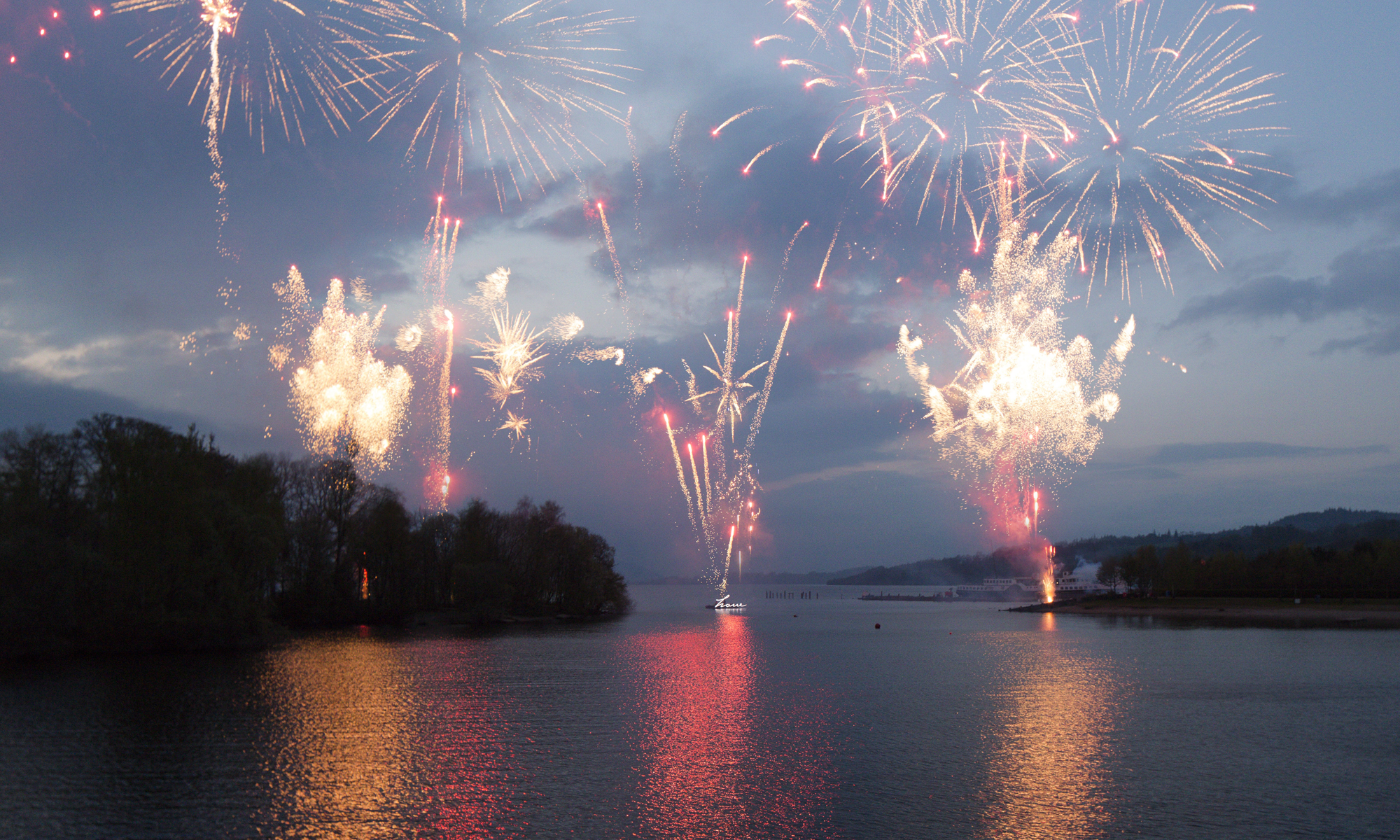Summerhall Talks Series: Art & Human Rights
Chandraguptha Thenuwara on Arts and Human Rights
Art & Human Rights
After the success of Chandragupta Thenuwara’s Summerhall talk, we held a successful Open Studio Day at his studio in The Briggait on Wednesday 17th September 2014. The evening was well attended, and his new pieces, created during his residency here in Glasgow, were well received by the audience.
Thenu was in the UK as UZ Arts’ Artist in Residence in Glasgow, living and working in the city throughout August and September. This residency came after Thenu’s work over the years supporting artists undertaking residencies at the UZ Arts operated Sura Medura International Residency Centre.
UZ Arts in association with Summerhall presented a new talk on Art and Human Rights, ‘Artist as Activist: the relationship between Art and social change’ with UZ Arts Director and Director of Sura Medura Artist Residency centre, Neil Butler in conversation with Sri Lankan artist and human rights activist Chandraqupta Thenuwara about his life and work.
Art and Human Rights ‘Artist as Activist: the relationship between Art and social change’, took place on 22nd August at Summerhall in Edinburgh as part of the Edinburgh Fringe. Thenu’s inspirational words were well received by a generous audience.
Thenu was born in Galle, Sri Lanka and studied painting in Moscow and Colombo. He is Director of the Vibhavi Academy of Fine Arts in Colombo, which he founded in 1993 – an alternative art school and exhibition space, and is lecturer of Aesthetic Studies at the University of Colombo.
A leading peace activist before, during and after the Sri Lankan civil war, Thenu worked with Neil Butler on the 2007 concert ‘Sing for Peace’, which brought together prominent Tamil, Sinhalese, Burgher and Muslim singers to share the same stage. The concert was televised by Maharaja TV and was broadcast across the island.
Continuing his work as a human rights activist in post-war Sri Lanka, Thenu has maintained a constant critique of the Sri Lankan war and its aftermath. Through both his exhibitions and actions, Thenu continues to express his belief that as humans we are condemned by passivity and that every human has a duty and an ability to make peace.

